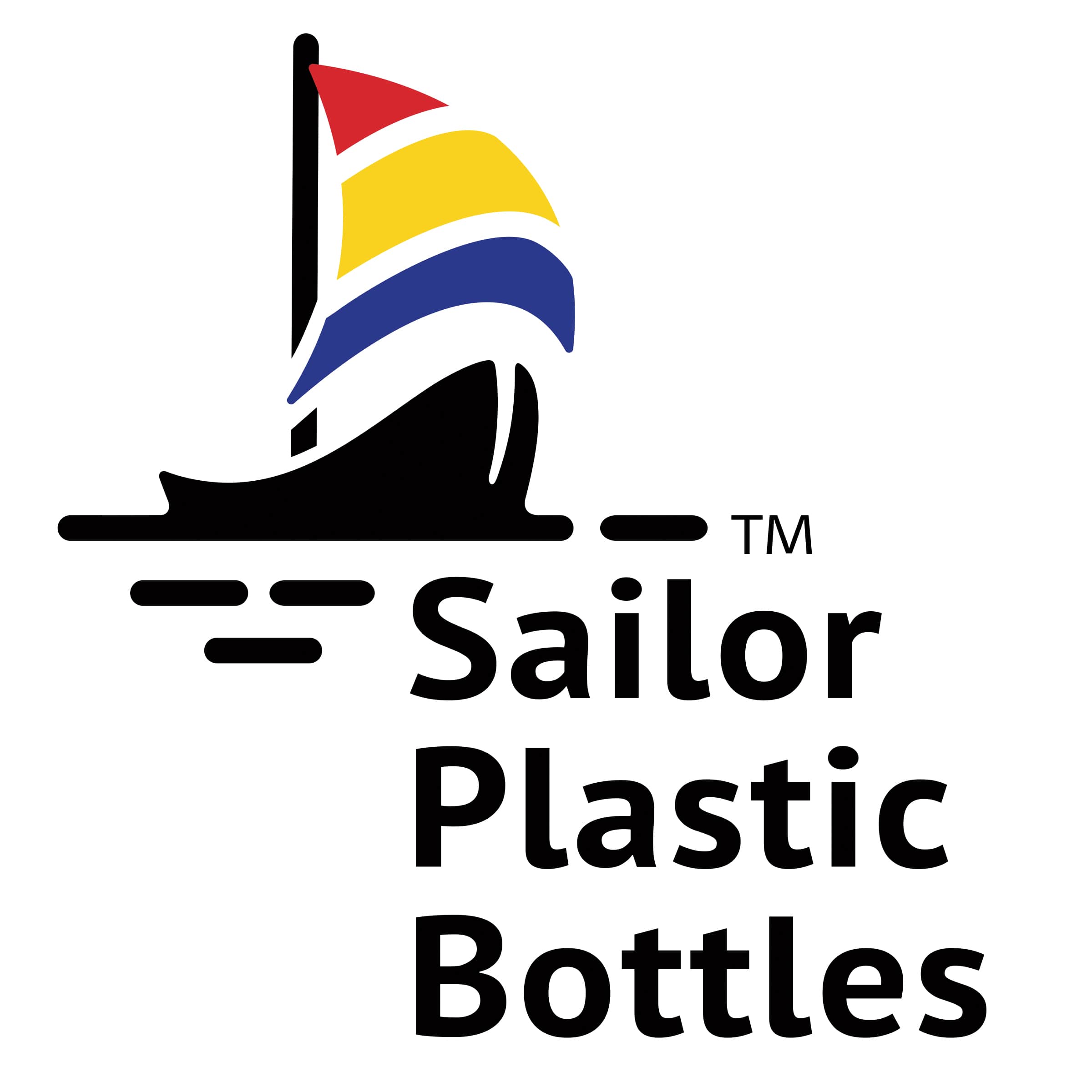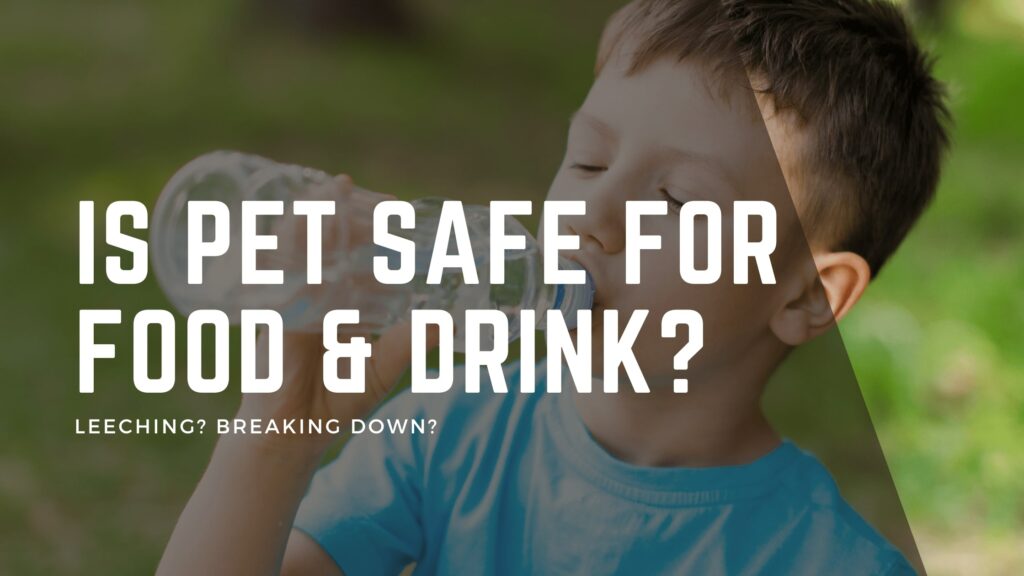Is PET Plastic Safe for Food and Beverage?
Is PET plastic safe? This is a question that many consumers have when it comes to choosing plastic bottles for their food and beverage products.
PET, or polyethylene terephthalate, is a type of plastic that is commonly used to make bottles for beverages like water, soda, and sports drinks. While PET bottles have a number of advantages, including being lightweight, durable, and easy to recycle, there have been some concerns raised about their safety. In this blog post, we'll take a closer look at the safety of PET bottles and address some of the common questions and concerns people have about using them.
Is PET Plastic Safe from Leeching?
One of the main concerns about PET bottles is the potential for chemicals to leach from the plastic into the contents of the bottle. PET is a type of polymer, which means it is made up of long chains of molecules called monomers. These monomers can be linked together in different ways, resulting in different types of plastic. The monomers used to make PET bottles are derived from petroleum, and there have been some concerns that chemicals from the plastic could leach into the contents of the bottle, potentially contaminating the liquid inside.
However, it's important to note that PET bottles are designed to be food-grade, meaning they are safe for use with consumables. In order to be considered food-grade, PET bottles must meet strict regulations set by agencies like the Food and Drug Administration (FDA) in the United States. Plastic container manufacturers the US are required to abide by regulations. These regulations ensure that PET bottles are made using materials that are safe for use with food and drinks, and that the bottles themselves do not pose any health risks.
Is PET Plastic Safe for the Environment?
There have also been concerns about the potential for PET bottles to release harmful chemicals when they are disposed of. Like all plastics, PET bottles are made from non-renewable resources and can take hundreds of years to decompose in the environment. However, PET bottles can be recycled, and in fact, the vast majority of PET bottles are collected for recycling in the United States and other countries. When PET bottles are recycled, they are melted down and made into new products, such as clothing, carpets, and even new PET bottles. This helps to reduce the environmental impact of PET bottles and makes them a more sustainable option for packaging.
BPA or Bisphenol A and PET
Plastic bottles are a common choice for packaging liquids, but concerns have been raised about the safety of bisphenol A (BPA) found in some plastics. BPA has been linked to health issues and can leach out of plastic containers. The type of plastic used in a bottle determines if it contains BPA, and single-use water bottles made from polyethylene terephthalate (PET) plastic are considered safe. None of Sailor Plastic Bottles contain BPA or bisphenol A.
Final Thoughts
In conclusion, PET bottles are a safe and convenient option for packaging beverages. They are food-grade, stable, and resistant to chemical leaching, and they can be recycled to help reduce their environmental impact. While there may be concerns about the safety of PET bottles, the evidence suggests that they are a safe and reliable choice for storing and transporting beverages. Plastic container suppliers in Iowa and all states are required to follow FDA regulations.
Let us help you find your ideal packaging solution.
At Sailor Plastic Bottles, we truly want you & your business to succeed. And while we manufacture a wide assortment of plastic bottles, we know that sometimes you don’t know what type of bottle is best for your product. If that’s the case, give us a call. We have a ton of experience matching products to the right packaging container.
We’re proud to provide businesses in the food and beverage industry with high quality plastic packaging solutions. Whether honey bear, square, round, or oval shaped plastic bottles, Sailor Plastic Bottles has you covered. And we always deliver what we promise.

